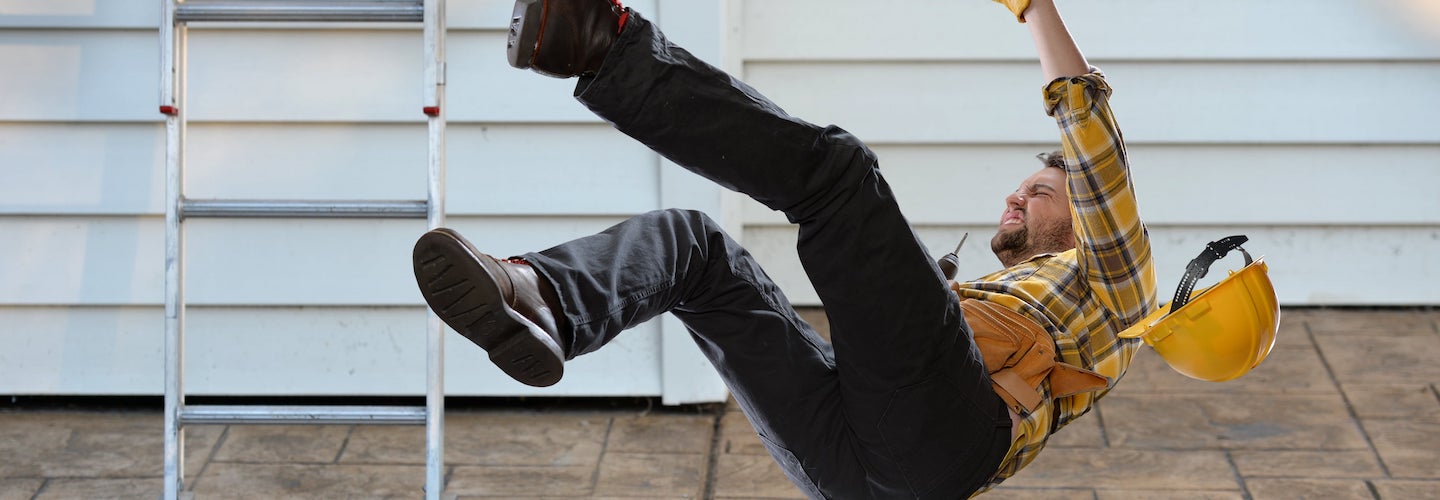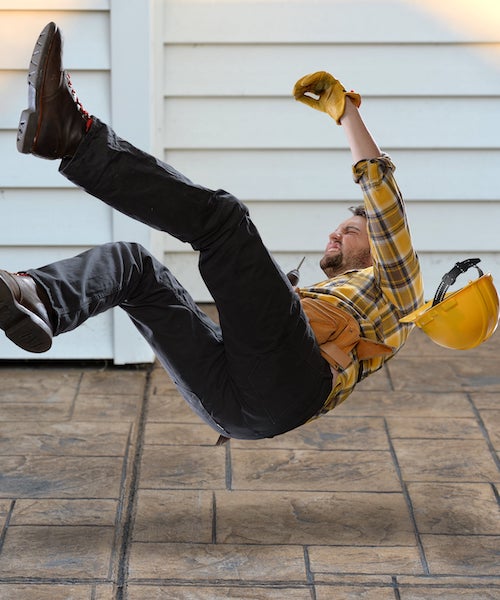It does not take a major event like a car accident or a football head collision to cause a serious injury. Sometimes it happens because a homeowner, a landlord or a business owner did not install the right lighting on a home, an apartment or a commercial building. Without enough light during the night hours, a person could fall and suffer an injury that inflicts permanent, life-altering consequences.
Even if a property owner does put up lights on a premises, sometimes the light intensity might be too dim for people with declining vision. It is important to have strong enough light intensity for those who may not see as well as most people. WebMD explains various reasons why people may not be able to see well during nighttime hours.
Diabetes
Some people suffer from diabetes. The high levels of blood sugar diabetic patients suffer from can also damage the nerves and blood vessels in the eyes. This condition may produce retinopathy, an eye condition that makes it harder to see in an environment with low levels of light, which can include the indoors or the outdoors at night.
Not enough vitamin A
Vitamin A helps maintain the eye retina. Many people receive strong levels of vitamin A through their diet. However, there are individuals who suffer from diseases like celiac disease or Crohn’s disease that impair their ability to take in nutrients. A lack of zinc may also hamper vitamin A from nourishing the body. In addition, people who have undergone gastric bypass surgery may experience problems absorbing nutrients.
Cataracts
Age can start to affect vision. Cells in the eye lens grow and then die with the passage of time. The death of these cells creates debris which produces a cataract. Cataracts progressively cloud up a lens which can make it harder to see at night. People with cataracts may also suffer from blurry vision or see halos around lights.
Sundowning syndrome
Seniors are especially at risk of falls because of inadequate light. Because of weakened constitutions, seniors may not be able to stay standing if they suffer even a minor trip. An older person who falls may suffer a more life threatening injury than someone who is younger.
Some medical care facilities need to maintain stronger light for their patients and residents to help prevent sundowning syndrome. According to WebMD, dim light can serve as a trigger for sundowning in seniors who suffer from dementia. They may experience confusion, agitation or other mood swings. Sundowning seniors may also wander about and could suffer a deadly fall if they walk into an environment with low light.












